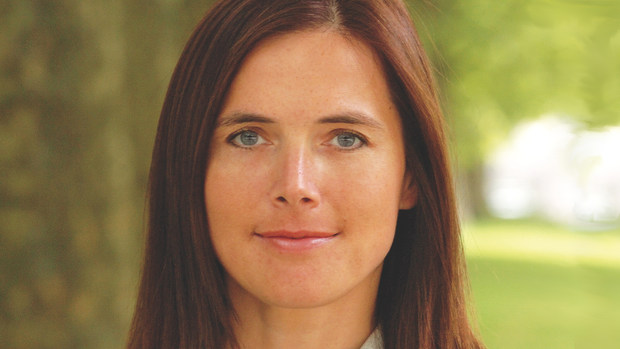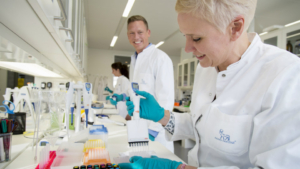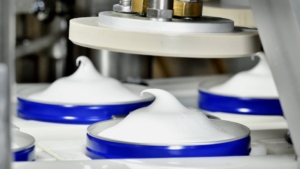
Maive Rute: Your role in establishing the real bioeconomy
The societal and economic challenges facing Europe and the world are complex and interconnected. The Bioeconomy Strategy and Action Plan "Innovating for Sustainable Growth: a Bioeconomy for Europe", which was adopted by the European Commission on 13 February 2012, offers a unique approach to addressing these challenges in a comprehensive way.
In order to reduce heavy economic dependency on fossil resources and focus on mitigating climate change, Europe needs to move towards a post-petroleum society. The Bioeconomy Strategy will contribute to this transition by promoting research and innovation into sustainable production and exploitation of renewable raw materials, along with alternative energy and carbon sources. It will pave the way to a more innovative and low-carbon society that reconciles food security with the sustainable use of renewable biological resources for industrial purposes, while simultaneously creating new job opportunities. Biotechnology as an enabling technology will play a crucial role in enhancing sustainability and competitiveness in the EU’s primary production and processing industries. It will also significantly contribute to reducing EU industry dependence on fossil resources, and improve the resource efficiency of production processes through the use of renewable raw materials (including wastes) and more environmentally- friendly bio-based processes.
The Bioeconomy Strategy is based on three complementary pillars. The first is aimed at increasing investment in research, innovation and skills. Under the European Framework "Horizon 2020" (2014-2020) Programme for Research and Innovation, 4.7bn of funding has been earmarked for bioeconomy research and innovation under the societal challenge "Food security, sustainable agriculture, marine and maritime research, and the bioeconomy" and for biotechnology as an enabling technology. It is estimated that this funding could generate about 130,000 new jobs and 45bn in value added in bioeconomy sectors by 2025, not taking into account other direct and indirect public and private investments into bioeconomy sectors. A Public Private Partnership for bio-based industries is under consideration.
The second pillar aims to improve synergies and coherence between priorities of European research and innovation policy and other policies relevant to the bioeconomy. It will provide different platforms to enhance interactions between researchers, policymakers, industries and society, as well as supporting similar initiatives in the EU Member States and Regions. The Strategy will also further develop international cooperation in the area of the bioeconomy. In its third pillar, the Strategy provides support to new markets and the expansion of existing ones; for example, by promoting the development of standards, sustainability assessments and labels for bio-based products that will help facilitate their uptake in consumer markets and by green procurement. This promotes both the establishment of networks of integrated and diversified biorefineries, and demonstration and pilot plants across Europe. Finally, the Strategy promotes the development of science-based approaches that can better inform consumers about product properties (like environmental sustainability) and aid in the promotion of a healthy and sustainable lifestyle.
Five Commissioners have demonstrated their strong commitment to the bioeconomy by cosigning the Bioeconomy Strategy. However, its success will very much depend on the commitment of member states, regions, stakeholders in the research and innovation community and citizens – like you.
Maive Rute
Maive Rute was nominated Director for SME policy in the European Commission in 2005. The creation of the Small Business Act for Europe and the launch of the pan-European Enterprise Europe Network are considered the two main highlights of her term. During this period, she also led the Commission’s Lisbon team for Estonia. In 2009, Rute took on the responsibilities of Director for Biotechnology, Agriculture and Food research in DG RT D, which also includes fisheries and forestry research.




 Beiersdorf
Beiersdorf